If you haven’t noticed from our many blog posts on Artificial Intelligence, we at Soundiiz are very interested in this topic. A real upheaval, AI has the power to radically change how we listen to music and the way music is created. A legal battle has recently hit the headlines. What are Suno and Udio, and why is the music industry fighting them? The music industry is at war against AI. But amidst this conflict, there’s a glimpse of a future where AI could revolutionize music creation.
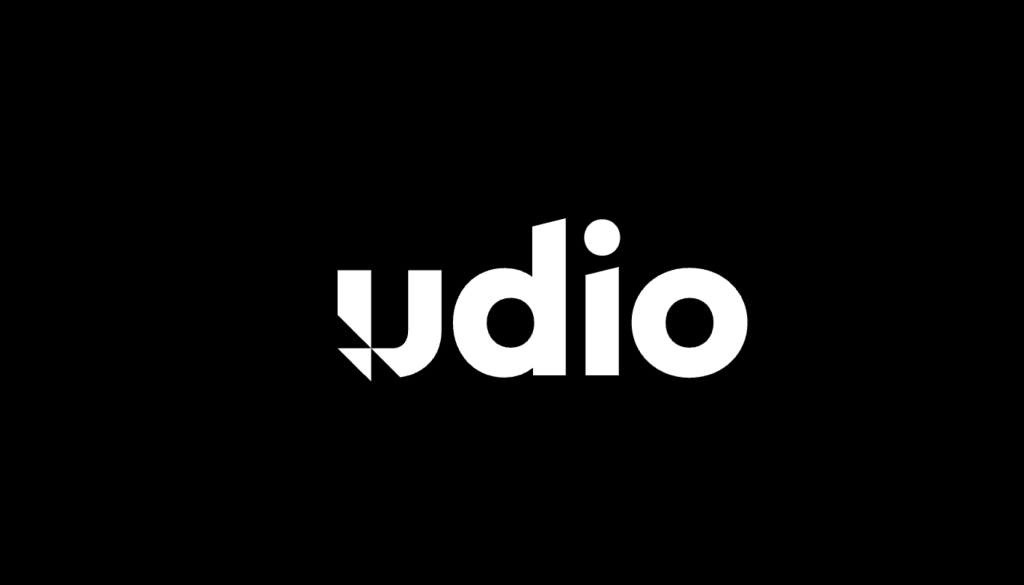
We try to explain it all to you, delving into the controversies and the potential future of AI in music creation!
The music industry is at war against AI: what is Suno?
Let’s start with the obvious: Suno is an Artificial Intelligence tool. So far, so new. Except that, since its creation in December 2023, Suno has established itself as a benchmark platform for the creation of songs generated by Artificial Intelligence. To make music creation accessible to as many people as possible, Suno lets users enter criteria and then generates songs corresponding to their desires. Using text data, anyone can create songs in many musical genres, presented as “professional quality.” Suno can create pop, classical, jazz, electro, rap, etc., songs, allowing anyone to enter their lyrics. This is particularly useful for authors and composers who would like an example of what a song could sound like with the lyrics they have previously written.

The process is fast: in a matter of a few minutes, a song is available and then usable. As a bonus, Suno is available in several languages. Users from all over the world can generate new songs in their native language. Suno doesn’t exclude anyone, and that’s one of the things that has made this tool so popular. It’s a step towards democratizing music creation, making it accessible to everyone.
But all this is not, of course, without its many negative aspects.
What about Udio?
Udio, for its part, is a tool similar to Suno. It was launched more recently, in April 2024, and its investors include artists such as Common, Tak Keith, and Will.i.am. It has also raised some eyebrows in the music industry. While Udio managed to raise $10 million, it’s worth noting that in May 2024, Suno succeeded in raising a staggering $125 million. Enough to look to the future with confidence. But also to position itself, like Udio, as a counter-power in the music world. And that, for some, is the problem.
The music industry is at war against AI: what’s the problem with Suno and Udio?
On June 24, 2024, a bombshell dropped: the RIAA (Recording Industry Association of America) sued Suno and Udio on behalf of Sony Music Entertainment, Universal Music Group’s UMG Recordings, and Warner Records Inc. Unsurprisingly, the dispute concerns copyright infringement. Music Business Worldwide reports that the complaint contained the following elements:
“[…] mass infringement of copyrighted sound recordings copied and exploited without permission by two multi-million-dollar music generation services. […] AI companies, like all other enterprises, must abide by the laws that protect human creativity and ingenuity. […] There is nothing that exempts AI technology from copyright law or that excuses AI companies from playing by the rules.”
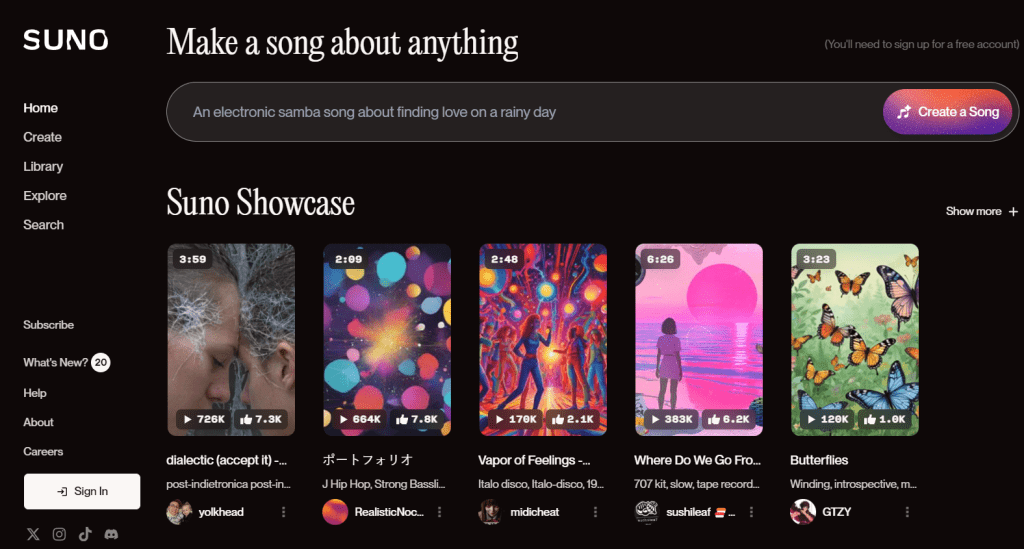
Ultimately, this is the main problem with AI used in artistic creation. Beyond potentially undermining the place of artists in the music ecosystem, AI builds on what already exists to create the “artificial,” stealing artists’ work and using it as a basis. As you can imagine, labels and artists are not happy about this—far from it.
What happened in August 2024?
A surprise at the beginning of August: Suno and Udio admit to using existing, and therefore copyright-protected, songs to train their Artificial Intelligence tools. But they defend themselves by claiming this is nothing more than a “fair” use of tools already available on the market.
“Accordingly, Suno’s training data includes essentially all music files of reasonable quality accessible on the open internet, abiding by paywalls, password protections, and the like, combined with similarly available text descriptions.”
Suno adds: “It is no secret that the tens of millions of recordings that Suno’s model was trained on presumably included recordings whose rights are owned by the Plaintiffs in this case.”
A fragile defense
Suno and Udio seem to assert that their approach is not illegal. They even oppose the labels, claiming that the latter are waging a relentless war against any Artificial Intelligence to maintain their monopoly on musical creation. Sunio and Udio go even further, promising they allow anyone, regardless of geography, money, or talent, to create music. A somewhat fragile line of defense and, above all, an admission of weakness. They blame the labels, almost accusing them of making the conditions for the birth of multiple AI models in the music business.
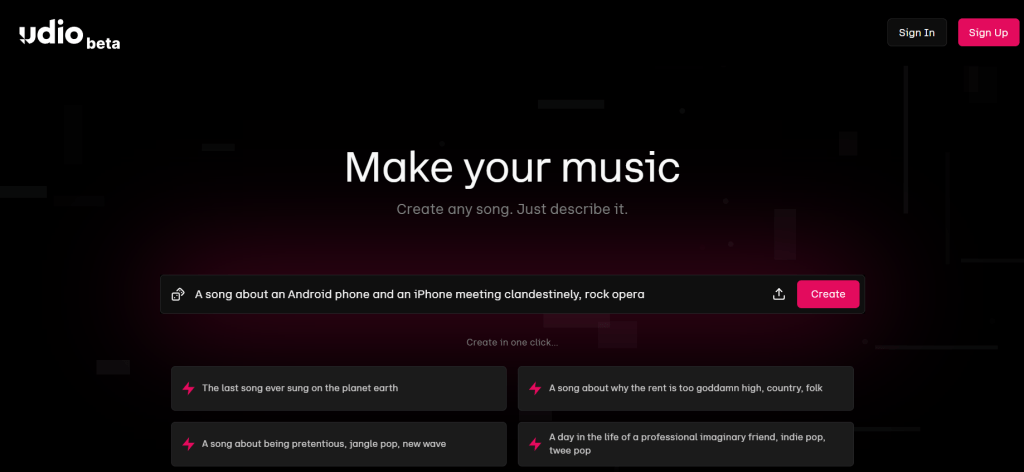
The RIAA made no mistake about it and then hit back, writing:
“After months of evading and misleading, defendants have finally admitted their massive unlicensed copying of artists’ recordings. It’s a major concession of facts they spent months trying to hide and acknowledged only when forced by a lawsuit.”
The music industry is at war against AI: what will happen next?
The labels got one of the things they wanted: Suno and Udio acknowledging that their AIs were trained with songs by artists whose music is copyrighted. They now want proof that these AIs will no longer be trained with such music and demand up to $150,000 in fines for each song used without their consent.

This is a significant event: legislation could quickly evolve to regulate certain illegal practices. This could put the brakes on the use of AI in music creation. It’s not sure, but the fact that the most prominent music labels have come together to complain is a powerful signal. The behemoths of the record industry seem ready to show their fangs and not let themselves be taken advantage of.
Not all record labels and artists are against AI. They use them regularly in various fields. They are concerned that these AIs should not “steal” their work and advocate the legal use of these new tools. With the proper legislation and a well-defined legal framework, AIs could represent an excellent opportunity for creators. Therefore, this lawsuit against Suno and Udio could be a step in the right direction.
What about Soundiiz’s AI?
We’ve known for a long time that Artificial Intelligence was about to revolutionize the music world. We wanted to take the lead in creating our own Artificial Intelligence tool. It’s designed to help you discover new songs, artists, and albums. Based on your criteria, we’ll suggest a selection that is close to your tastes.
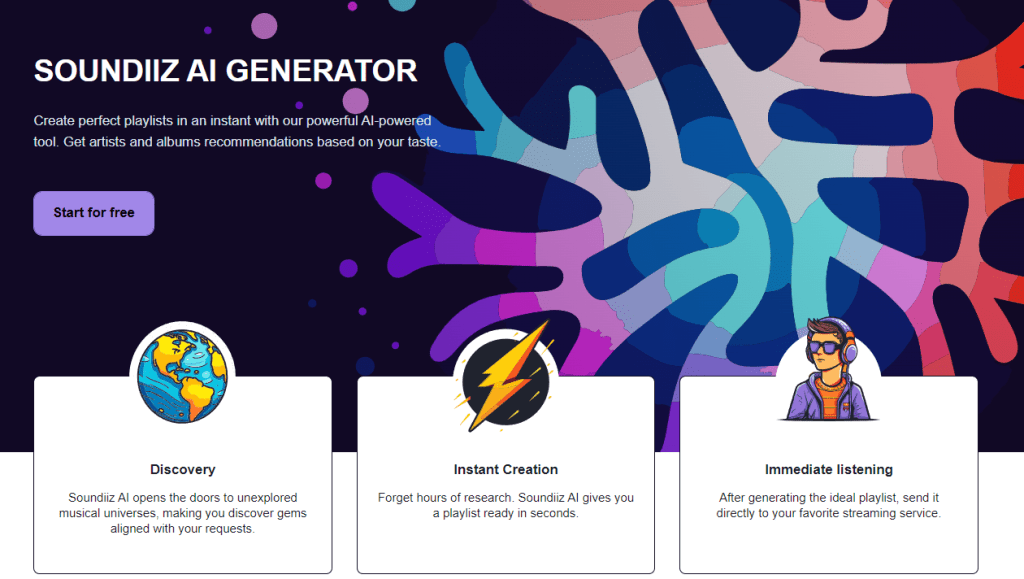
You can then add all these discoveries to your existing playlists. Or, even better, get a new list of discoveries every day based on the criteria you enter.
How does it work?
Our tool combines other artificial intelligence and our tools. We offer two input modes: either via tags (decade, mood, mood, musical genre, etc.) or via text. You can write down what you want to listen to, such as “American soul music from the seventies from the south of the country.” Soundiiz will then suggest albums or songs corresponding to these requests.
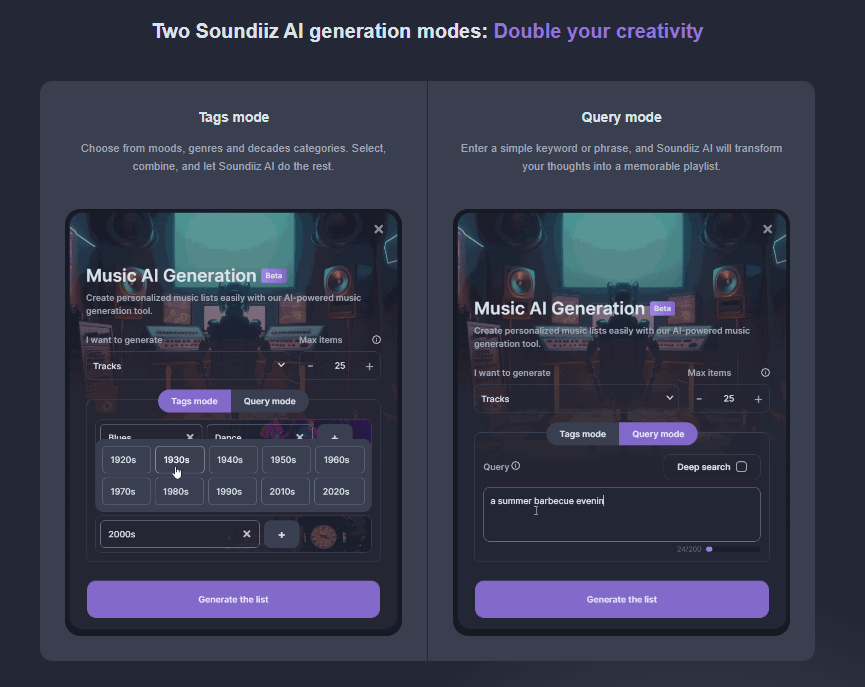
We aim to help you discover music you’ve never heard before. So, we’ve set up a synchronization system so that our Artificial Intelligence generates a new playlist daily based on your initiative request. This playlist can be automatically added to your streaming services. And if you’re wondering, the answer is yes: Soundiiz is compatible with all platforms!
Is it legal?
Rest assured: unlike Suno and Udio, our services don’t use existing songs to create new ones. We draw on existing catalogs already on streaming platforms, and the revenues generated by these streams are then paid back to the rights holders.
To test our AI, click here.



